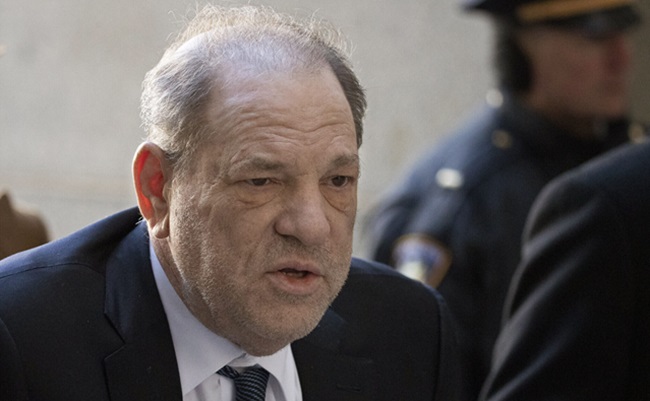
Special Articles

New York’s highest court overturned Harvey Weinstein’s 2020 rape conviction due to the judge’s unfair decisions during the trial.
The court ruled that allowing women to testify about incidents not part of the case unfairly prejudiced Weinstein. This decision mandates a new trial.
The ruling of the Court reopens discussions on powerful figures’ sexual misconduct, particularly Weinstein's case, which catalyzed the #MeToo movement.
The majority criticized admitting unproven allegations that tarnish a defendant’s character without relevance to the charges.
Dissenting Judge Singas argued the majority ignored facts and perpetuated harmful stereotypes.
Weinstein, serving a 23-year sentence for sexual assault in New York, faces another conviction in Los Angeles.
His lawyers hailed the decision as a victory for defendants’ rights, while advocates lamented setbacks in holding sexual offenders accountable.
Weinstein’s trial garnered global attention, symbolizing the #MeToo movement’s impact.
The ruling follows arguments about the trial’s fairness and Weinstein’s behavior. Critics argue the trial unfairly portrayed Weinstein while prosecutors defended the judge’s decisions as crucial to understanding his actions.
The decision marks a significant turn in a case with sexual abuse, leaving unresolved debates on justice, accountability, and the #MeToo legacy.
Advertisment